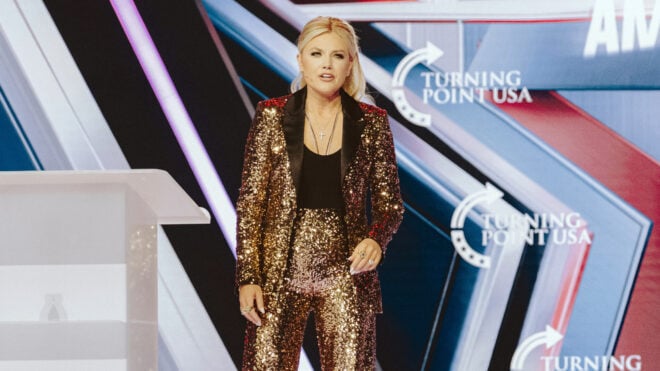Yesterday, my daughter Maura had a meltdown in public.
This is not new to us. When you have all the feelings and not always a way to communicate them, meltdowns happen. Usually, if we can quickly remove her from the situation, she can calm down almost instantly.
The trick, yesterday, was that removing her from the situation required getting her out of a public building with great acoustics, which also meant going down two flights of stairs since the escalator was broken, and then over a sky bridge.
It was on the sky bridge that things got . . .interesting.
I was hoping fresh air would help her calm down. She loves the sky bridge, as it gives a great view of everything. Instead, she stopped to sob some more. At that point, my husband Josh put his arm around her waist and got her moving forward again, even while she kept wailing.

And then two security guards stopped us.
“We heard a woman was screaming on the sky bridge,” they said.
We went into a round of “our daughter has special needs, she’s having a meltdown, we’re just trying to get her to the car, I swear she’s not being kidnapped.”
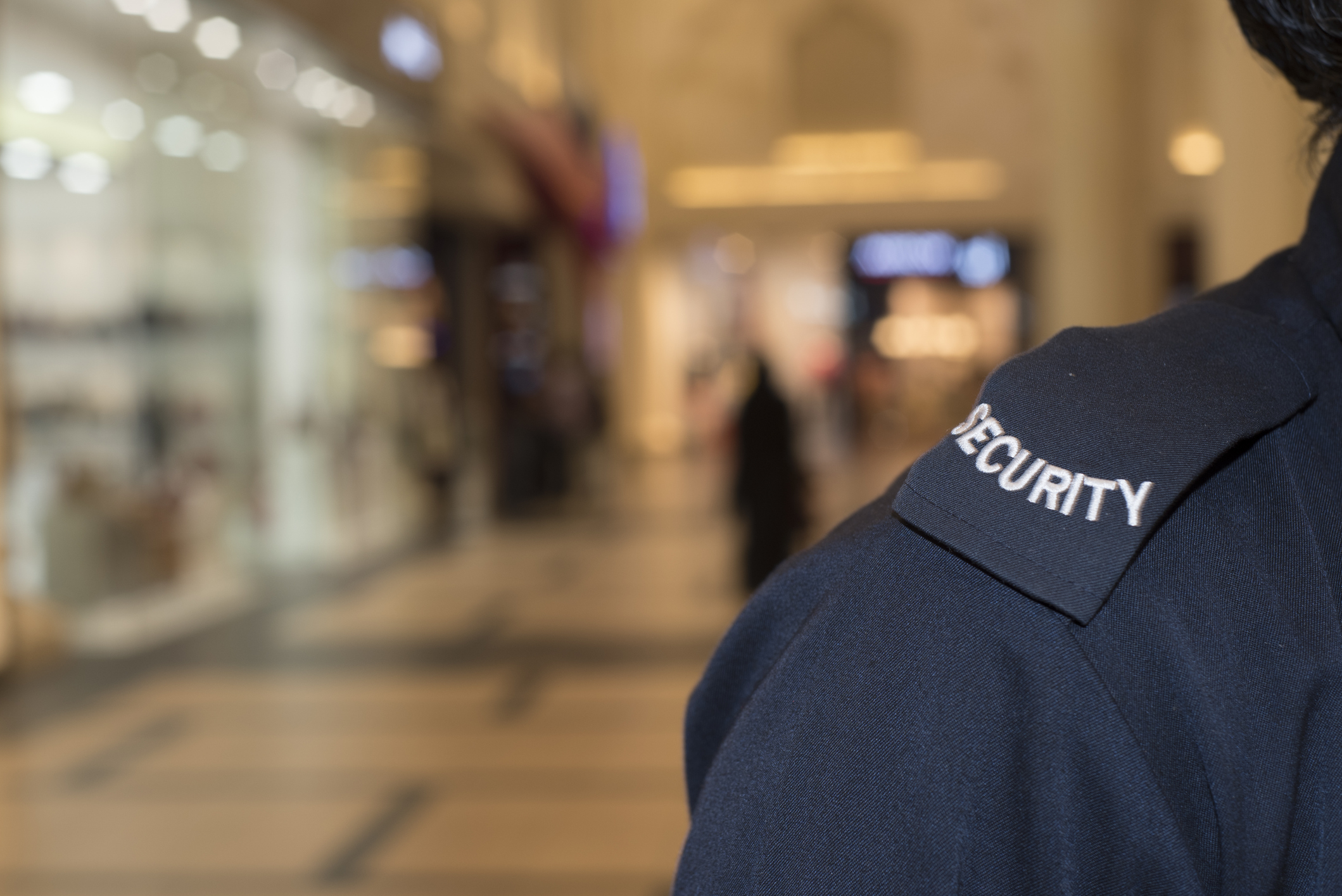
The security guards instantly backed down, apologized a little as we told them we completely understood, and then they offered to assist us in any way. Two minutes later, we were in our car and Maura was calmer.
Two minutes out of the parking garage, Maura was back to her usual self.
Nevertheless, the moment with the security guards really struck me — they had said they heard a woman. They thought my daughter was an adult. Granted, she’s 5'3, making her slightly taller than me. But still. She was seen as a woman at first.
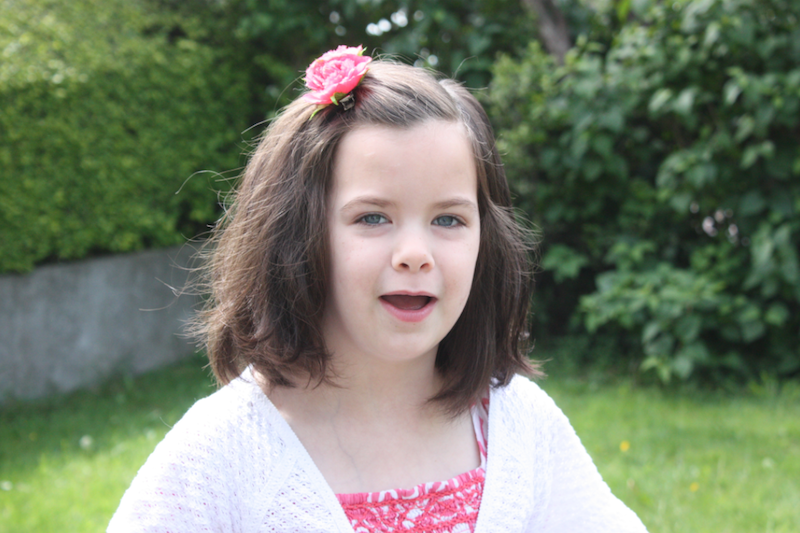
Folks, we’ve entered new territory.
Society is more accepting of children with disabilities, especially if they’re nicely dressed, smiling, and inspirational in any way.
Society is less accepting of adults with disabilities.
My daughter is morphing into an adult with a disability.
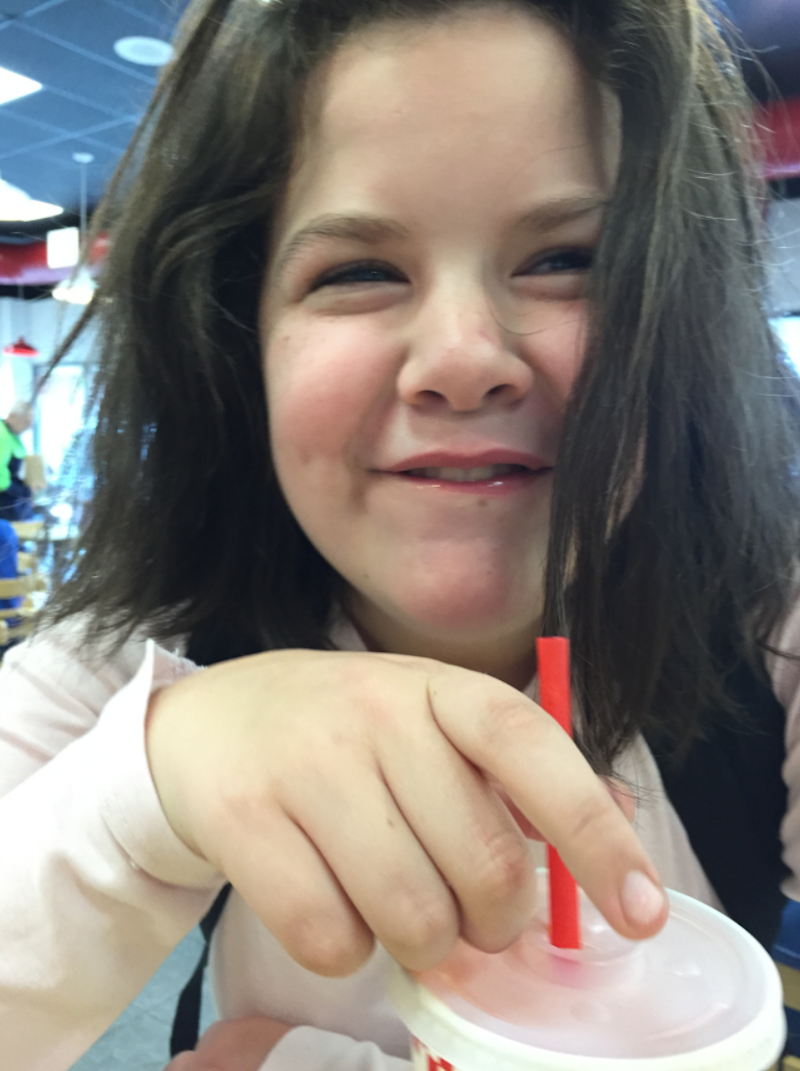
She doesn’t look disabled. Even watching her come back from refilling a drink the other night at a restaurant, I looked at her and realized that, at most, she just appears a bit awkward — but not disabled.
When I posted what happened on Facebook, my friends tried to help.
“Can you get her an ID or an ID bracelet?”
I could, but that doesn’t really help make her visibly disabled to the general public.
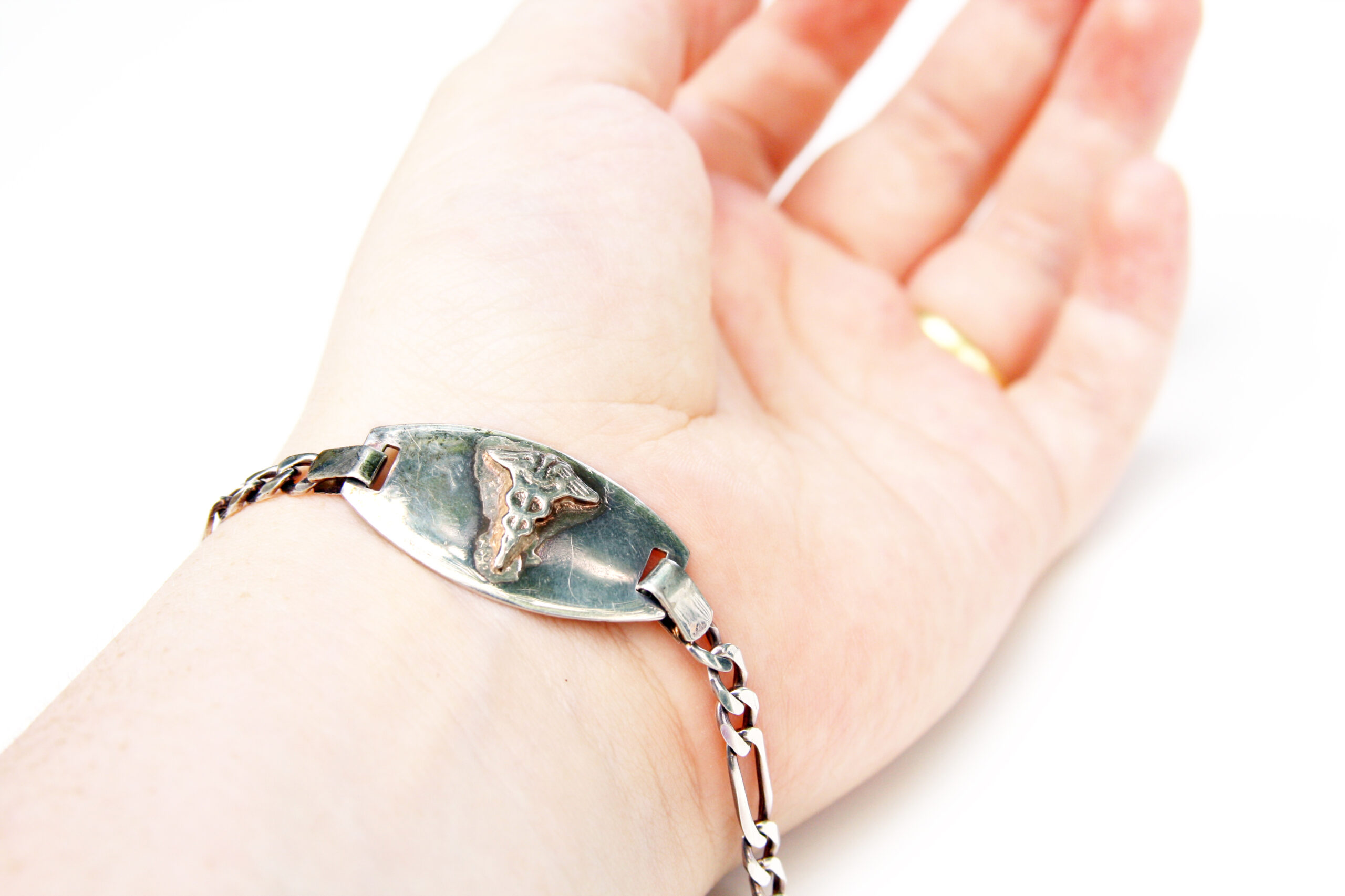
I could probably shout out, “Don’t mind us! She has cognitive disabilities and sometimes she doesn’t transition well!” but you know, I’m kinda too busy during these moments to be shouting.
Maybe I could get some bat signal or a flare gun that shoots off so that people will know that this is not ordinary, but also not scary.
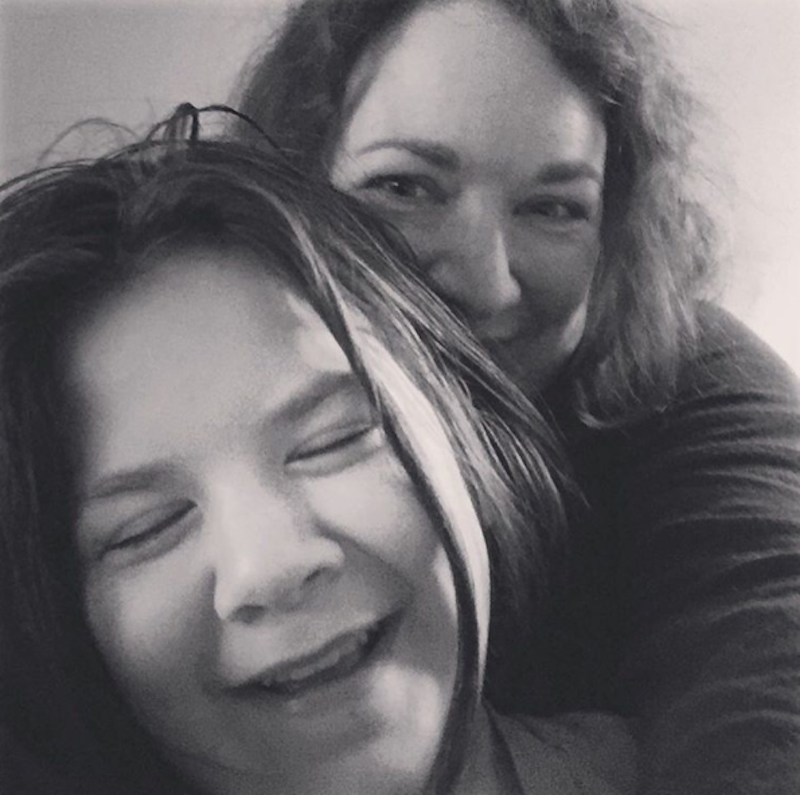
There’s not a good answer for this. The only one I can think of is talking about it so that more people become aware, so that more people understand what’s going on if my daughter is having a hard time in public.
Because becoming hermits isn’t an option.
For more from Phoebe Holmes visit her blog Herding Cats, Facebook, Instagram, or Twitter.

